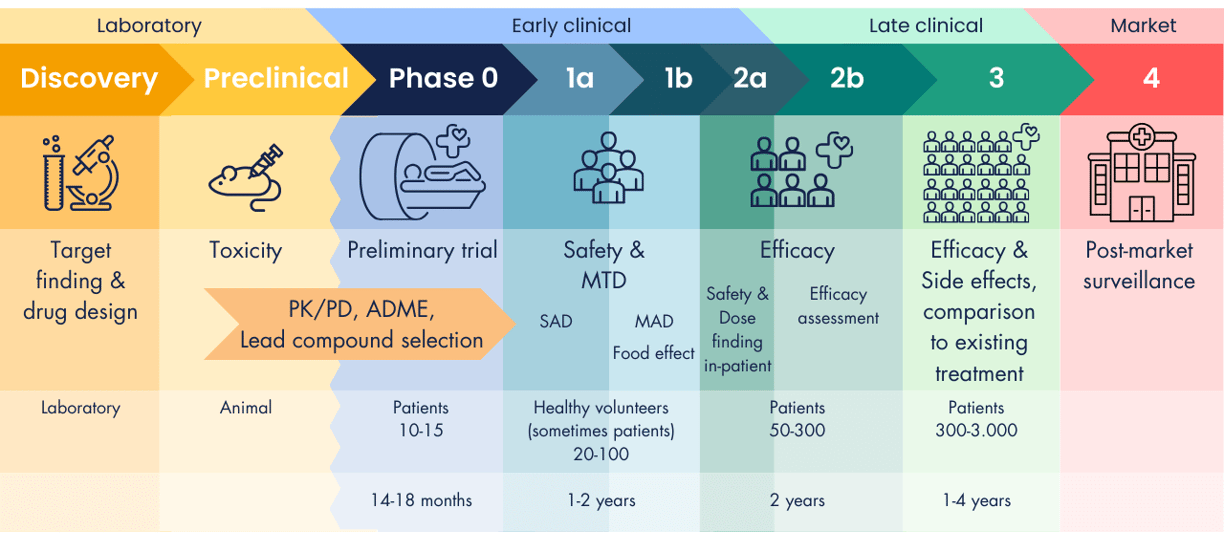Research and Clinical Trials
GBS/CIDP Support is committed to supporting research into GBS, CIDP, MMN and related conditions.
The Research Process
Many doctors, biologists, chemists, pharmacists, and other researchers dedicate their ideas, knowledge, and expertise to study potential new treatment options to treat, and possibly cure, medical conditions. This usually takes years, sometimes decades, and plenty of funding.
Before a potential new treatment moves into the clinical trial phase, where it is given to human patients, the safety profile of the potential new treatment is studied extensively in the lab and often tested in animal models. This way, patients that take part in clinical trials can be assured that only the best, and most safe, potential new treatments make it to the clinical trial phase.




Participate in Research
GBS/CIDP Support is committed to supporting research into further understanding GBS, CIDP, MMN and related conditions. We also believe that any research should include the perspective of patients living with that condition.
Listed below are any current research and clinical trial opportunities for which you may apply, if suitable, as well as information on other relevant research.
Please check back for any current opportunities for you to participate in research or clinical trials.


A study is under way to provide an alternative to intravenous immunoglobulin (ivig) for CIDP patients.
The phase 1 study, involving healthy volunteers, demonstrated that NVG-2089 was well-tolerated with no serious adverse events reported. Importantly, the drug showed favourable pharmacokinetic and pharmacodynamic profiles, suggesting its potential efficacy in treating CIDP.
NVG-2089 aims to address the limitations of current ivig treatments, which require lengthy infusions and can be burdensome for patients. As a subcutaneous therapy, NVG-2089 could offer a more convenient and accessible treatment option.
Dr Richard A. Lewis, lead investigator, expressed optimism about the results, stating that NVG-2089 could potentially provide a "transormative therapy option" for CIDP patients.
While these early results are promising, further studies are needed to confirm the drug's efficacy and safety in CIDP patients. A phase 2 trial is currently underway, with results eagerly anticipated by the neurology community.
This development represents a significant step forward in CIDP treatment, potentially improving quality of life for patients living with CIDP.
Potential ivig alternative for CIDP patients
Supporting Australians with GBS, CIDP, MMN and related conditions.
© GBS CIDP Support 2025. All rights reserved.
ABN 99 400 279 454


242 Elsworth Street West,
Mount Pleasant VIC 3350
0484 293 889
0412 180 971



GBS CIDP Support is a Registered Charity with the Australian Charities and Not-for-profits Commission (ACNC) and is endorsed as a Deductible Gift Recipient. All donations of $2 or more towards our cause are Tax Deductible.

